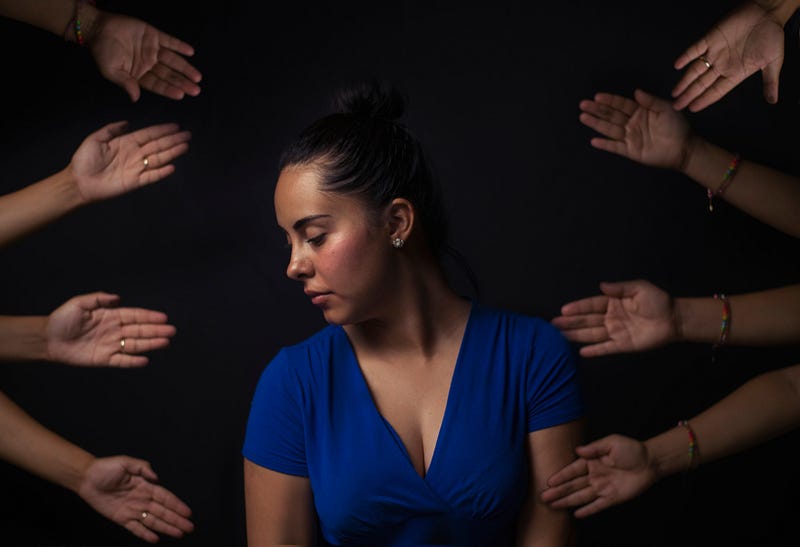We Are In This Together

If you’re like me you don’t like cognitive dissonance. You try really hard to deal with it and eliminate it. This means that I have this general posture toward creating binary perspectives when reality dictates a nuanced approach.
As a pastor I regularly enter into situations where people need help. A conversation that is ongoing withing myself and with my fellow Elders is “How best do we help?” Over the years there is a growing distinction between “blessing” and “helping.” Blessing is paying a bill for someone who needs to keep their light on. Helping is teaching someone how to budget so that they have an understanding of how to have enough money to pay their bills.
I was reading in Galatians 6 and this passage about bearing burdens stood out to me. Take a moment,
Brothers, if anyone is caught in any transgression, you who are spiritual should restore him in a spirit of gentleness. Keep watch on yourself, lest you too be tempted. Bear one another’s burdens, and so fulfill the law of Christ. For if anyone thinks he is something, when he is nothing, he deceives himself. But let each one test his own work, and then his reason to boast will be in himself alone and not in his neighbor. For each will have to bear his own load. (Galatians 6:1–5, ESV)
There is this fascinating both/and in this passage. We are to watch out for one another’s sins and also our own. We are to bear one another’s burdens and yet carry our own load.
This is the both/and of living in Christian community.
Paul holds this tension throughout his writing and teaching. There is a constant sense of being in it together and taking self-responsibility.
The way of Christ calls us into deep and abiding community. We need one another desperately. Yet, we also need to take clear responsibility for ourselves. We must learn to stand on our own two feet, we must learn to come alongside others, and we must learn to let others help us.
I think this is part of the beauty of being a part of the body of Christ. I think the hardest thing for some of us is learning to be helped. When others come alongside us we feel shame. We have such a strong ethic of independence that we have missed the need for interdependence.
Ultimately, this is rooted in the loss of our understanding that God is saving for himself a people and not ultimately individuals. This is why the body metaphor that Paul uses extensively elsewhere is so powerful. We can get along without certain body parts but we do so at great disadvantage. We need the whole body to be most healthy. Every part of our body needs to be working interdependently with the others.
Will you take responsibility for yourself? Will you learn to care for others? Will you learn to let others care for you? For this is the way of Christ.
We Are In This Together was originally published in The Rev on Medium, where people are continuing the conversation by highlighting and responding to this story.